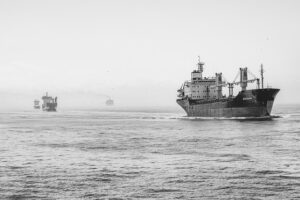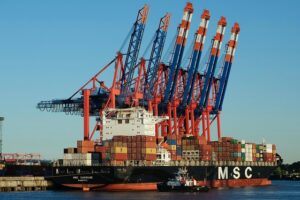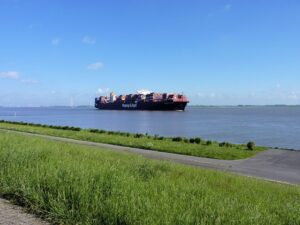Offshore Conex Containers: Secure Marine Solutions Certified for Efficiency
In today's interconnected world, secure marine transportation is crucial for businesses and ind…….
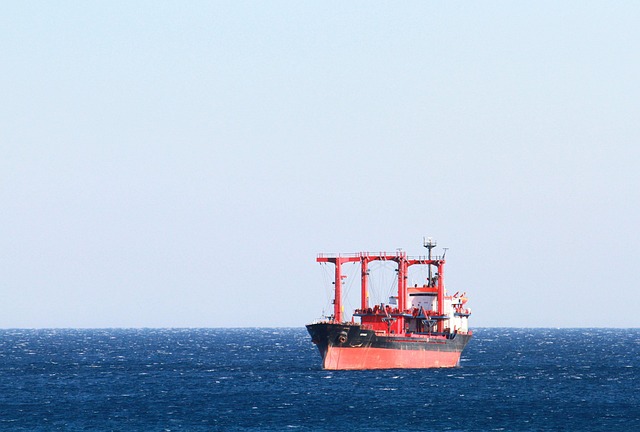
In today's interconnected world, secure marine transportation is crucial for businesses and individuals. Container shipping, led by conex (container express) units, offers enhanced security through specialized conex containers that protect cargo from theft, damage, and unauthorized access. The demand for conex boxes (including new, used, or for sale) is driven by various sectors, with innovations in conex design, dimensions, and modifications catering to diverse shipping needs. Available through suppliers, dealers, or online marketplaces, these containers are versatile, robust, and suitable for international trade, temporary office spaces, and various marine applications. Conex containers are marine-certified, offering superior welds, robust locking mechanisms, and watertight seals to ensure safe transport across rough seas. They're widely used in industries like construction and logistics, with global accessibility for purchasing, renting, or leasing.
Offshore operations demand robust, secure containers that withstand harsh marine environments. The Conex container, a standardized intermodal shipping unit, has emerged as a reliable solution. This article delves into the certification process for Offshore Conex containers, highlighting their enhanced security features and benefits in the maritime sector.
We’ll explore what makes these containers ideal for extreme conditions, their key applications, and how they’re revolutionizing marine logistics.
- Understanding the Need for Secure Marine Containers
- What is a Conex Container?
- The Certification Process for Offshore Use
- Key Features of Certified Offshore Conex Containers
- Applications and Benefits in the Marine Industry
Understanding the Need for Secure Marine Containers
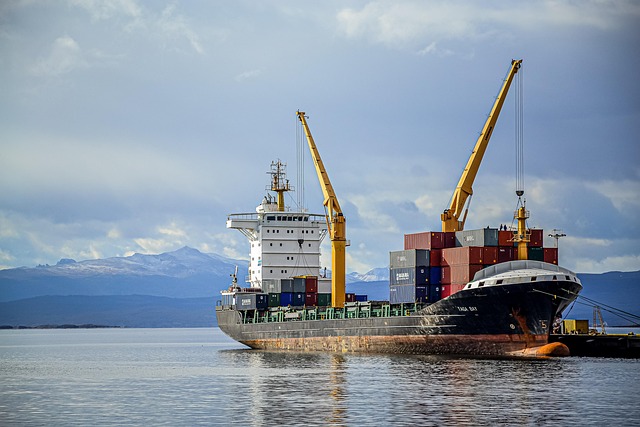
In today’s globalized world, secure marine transportation is more critical than ever for businesses and individuals alike. Container shipping has revolutionized international trade, making it faster and more efficient. However, not all containers are created equal; the need for conex (container express) units that offer enhanced security has grown significantly. These specialized conex containers are designed to protect their contents from theft, damage, and unauthorized access during transit, ensuring sensitive cargo remains safe.
The demand for robust conex boxes, whether new conex, used conex, or conex for sale, is driven by various sectors. From storing valuable goods and documents to transporting hazardous materials, having a reliable conex shipping container that meets international safety standards is paramount. This need has led to innovations in conex design, conex dimensions, and conex modifications to cater to diverse shipping and storage requirements. Accessing these through reputable conex suppliers and dealers near you, or exploring options via a conex marketplace for conex rental or conex leasing, has never been easier.
What is a Conex Container?
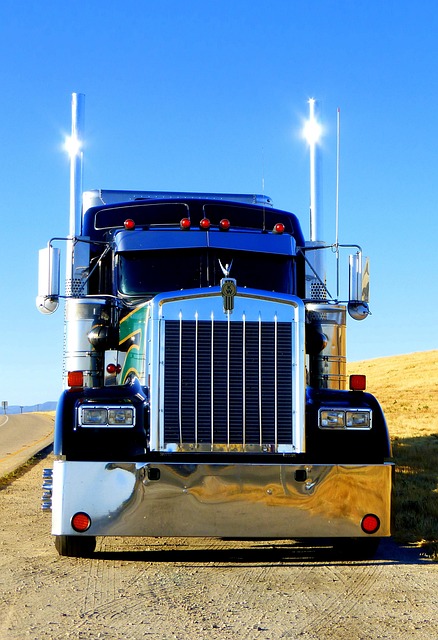
A Conex Container, also known as a standard intermodal container, is a versatile and robust shipping vessel designed for efficient global transportation. These containers are built to withstand harsh marine conditions, making them a secure choice for carrying a wide range of goods worldwide. With their standardized dimensions, they seamlessly fit onto shipping vessels, trains, and trucks, ensuring smooth logistics operations. Conex Containers offer a reliable solution for businesses engaging in international trade, providing a safe and consistent means of transporting cargo.
These containers come in various sizes, typically 20 feet or 40 feet long, and are constructed with robust steel frames and high-quality materials. Their design allows for secure stacking and easy handling, which is crucial for efficient storage and transportation. Whether you’re looking to buy a new Conex, explore the used conex market, or rent/lease one for specific needs, these containers offer a cost-effective and flexible solution for various industries, including shipping, logistics, and even temporary office space through modifications and conversions.
The Certification Process for Offshore Use
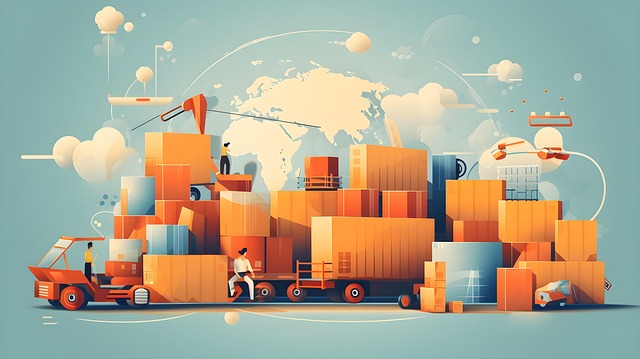
The certification process for offshore use of Conex containers involves a rigorous series of tests to ensure their durability and security in demanding marine environments. First, potential issues are identified through computer simulations that replicate various weather conditions, including high winds, waves, and corrosive saltwater. Next, physical testing is conducted on samples of the container, assessing its structural integrity by subjecting it to stress and strain tests. These might include impact resistance checks, load-bearing capacity assessments, and leak-proof evaluations to guarantee the container’s ability to withstand extreme conditions without compromising security or functionality.
After these initial checks, the Conex container undergoes a series of inspections by independent third-party organizations accredited for marine certification. These inspectors verify that all safety standards are met, including secure sealing mechanisms, robust fastening systems, and fire resistance. Once approved, the certified Conex container is marked with specific labels indicating its offshore use suitability. This process not only ensures the safety of cargo but also provides peace of mind to users considering these containers for their maritime needs, whether for storage, shipping, or as temporary offices in remote locations.
Key Features of Certified Offshore Conex Containers

Offshore Conex containers, certified for secure marine use, offer unparalleled strength and durability. These shipping containers are designed to withstand the rigors of ocean transport, making them a top choice for international trade. Key features include superior welds, robust locking mechanisms, and water-tight seals that guarantee the safety and integrity of their contents during transit.
With various dimensions available, these conex containers cater to diverse storage needs, from transporting goods to serving as temporary offices or modified units for specific applications. They are versatile, easily stackable, and can be bought, rented, or leased from trusted dealers and suppliers worldwide. Their modular design makes them suitable for a wide range of industries, including construction, agriculture, and logistics, ensuring efficient shipping and storage solutions.
Applications and Benefits in the Marine Industry
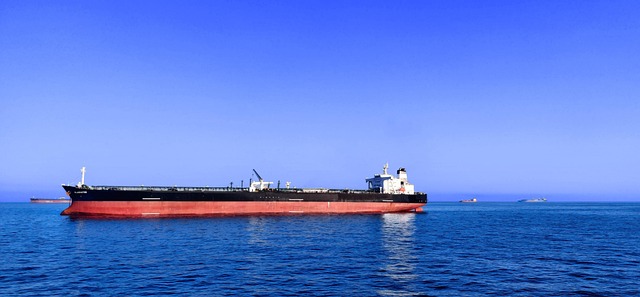
The Offshore Conex container has found its niche in the marine industry, where secure and reliable storage solutions are paramount. Its robust design makes it ideal for transporting valuable cargo across tumultuous seas, ensuring goods remain safe during transit. From precious metals and gemstones to high-value electronics, the conex container provides a watertight, weatherproof, and secure enclosure that withstands harsh marine environments.
This versatile container offers numerous applications at sea. It can serve as temporary storage on offshore platforms for equipment and supplies, safeguarding them from theft or damage. Moreover, conex boxes are valuable in ports and marinas as secure holding areas for sensitive cargo awaiting transportation or customs clearance. With their customizable dimensions and various modifications available, these containers cater to diverse marine industry needs, making them a preferred choice among shipping companies, contractors, and logisticians who require secure, portable storage solutions both domestically and internationally.
The offshore-certified Conex container emerges as a game-changer in the marine industry, offering enhanced security and versatility. Through a rigorous certification process, these containers ensure the safe transportation of goods, addressing the critical need for secure marine storage solutions. Their robust design, combined with key features like water-tightness and strength, positions Conex containers as indispensable assets for various maritime applications, revolutionizing how cargo is handled in today’s global trade landscape.
